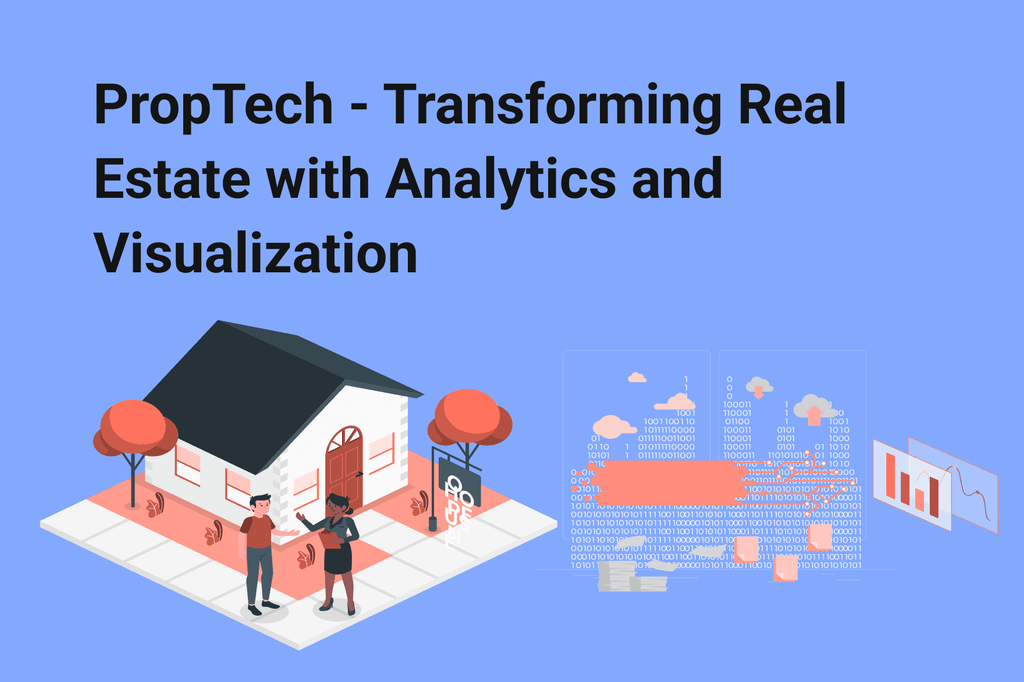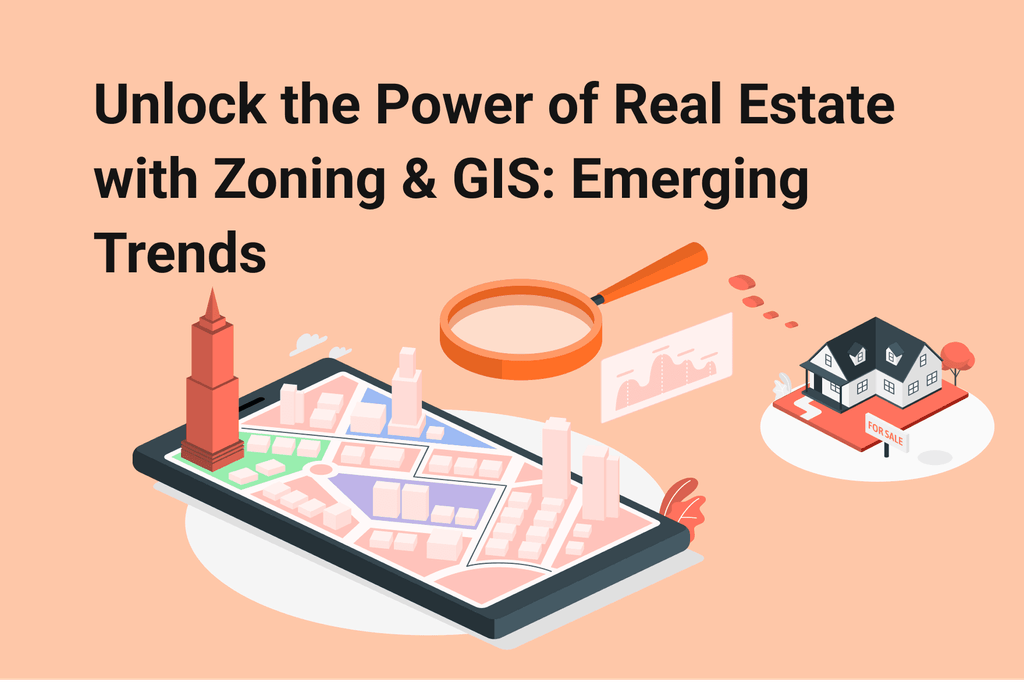
Don’t know where to start?
We will advise you on the best way to realize your idea, leveraging our expertise
FAQ
How can big data analytics benefit rental housing companies?
Big data analytics can provide rental housing companies with informed decision-making, increased operational efficiency, improved pricing models, better resource risk management, and comprehensive analysis of upcoming market trends. It helps companies identify local trends, predict prices, improve service quality based on social media reviews, and make data-driven decisions.
What is demand forecasting in rental housing and how does big data play a role?
Demand forecasting in rental housing refers to predicting rental demand to determine the viability of a business. Big data enables demand forecasting by analyzing historical data, integrating external data sources like macroeconomic indicators and social trends, analyzing social media data, utilizing booking details, and collecting data from smart home sensors. It helps rental providers build competent marketing strategies, optimize pricing based on demand forecasts, and make accurate predictions.
How can big data enhance service quality in rental housing?
Big data can optimize service quality in rental housing in various ways. It helps in analyzing rental market trends, providing personalized property recommendations to renters, expediting tenant verification processes, optimizing maintenance and repair services, improving energy efficiency, and implementing predictive services for maintenance. By utilizing big data, rental housing companies can improve customer experience, streamline operations, and offer personalized and efficient services to their tenants.
Table of contents:
Want to estimate your app idea?




